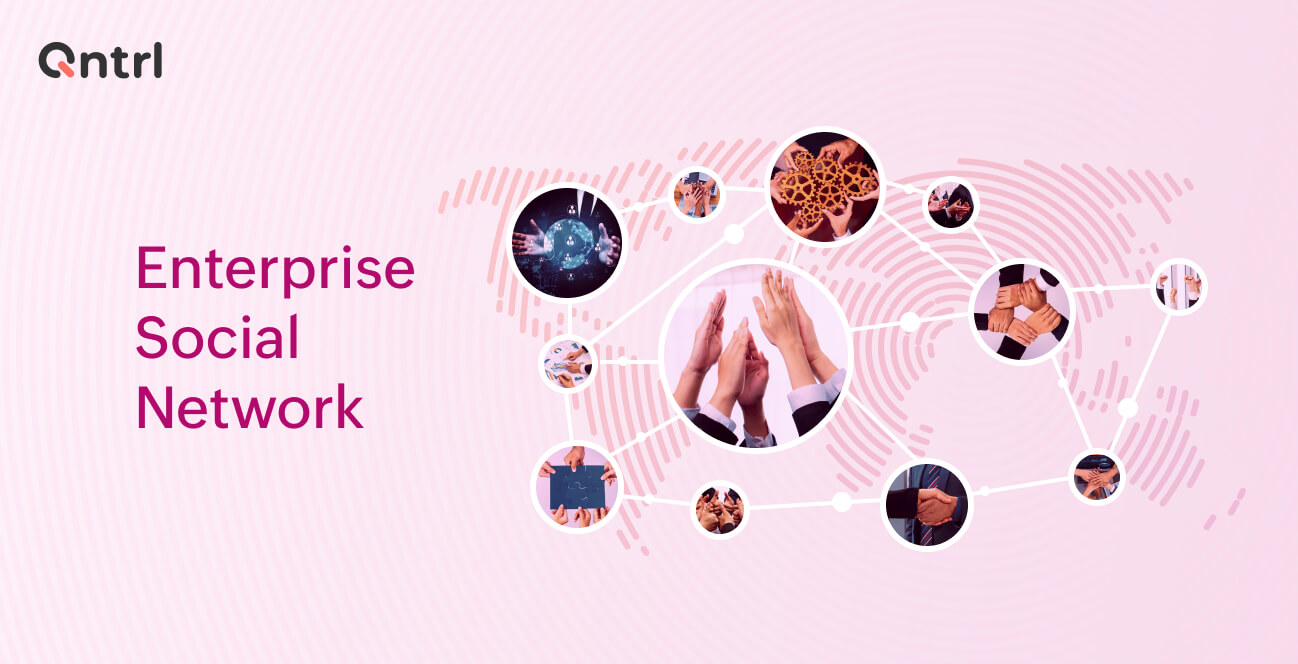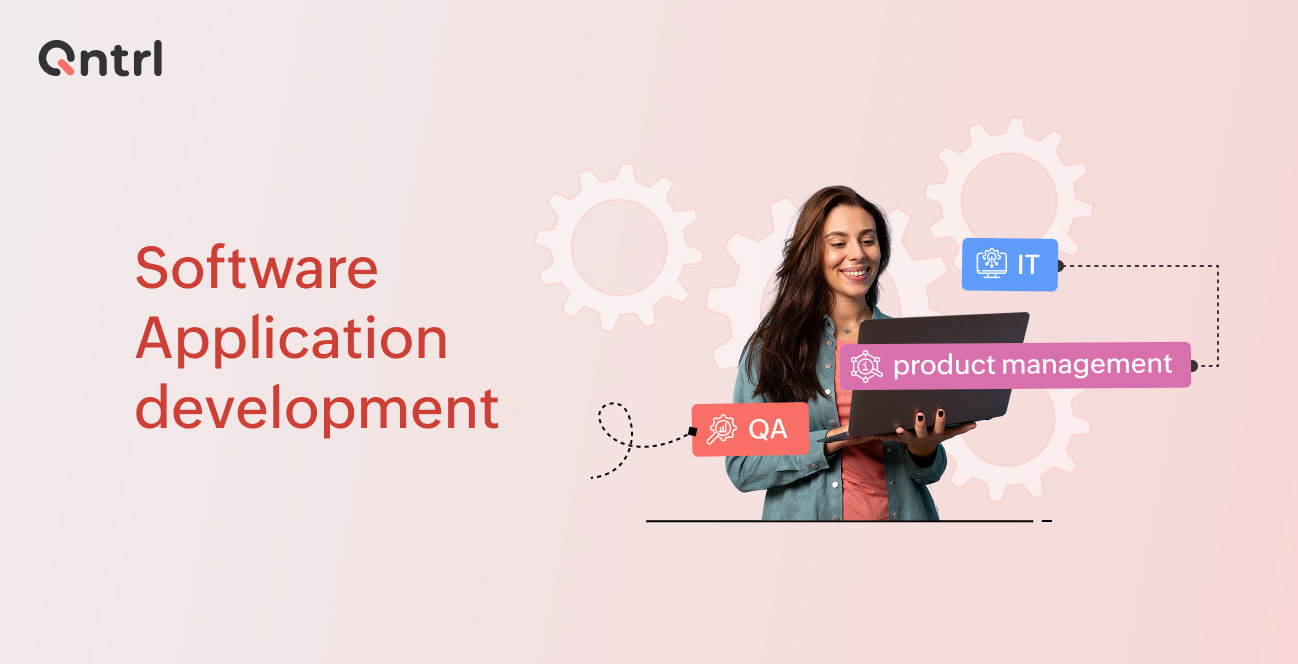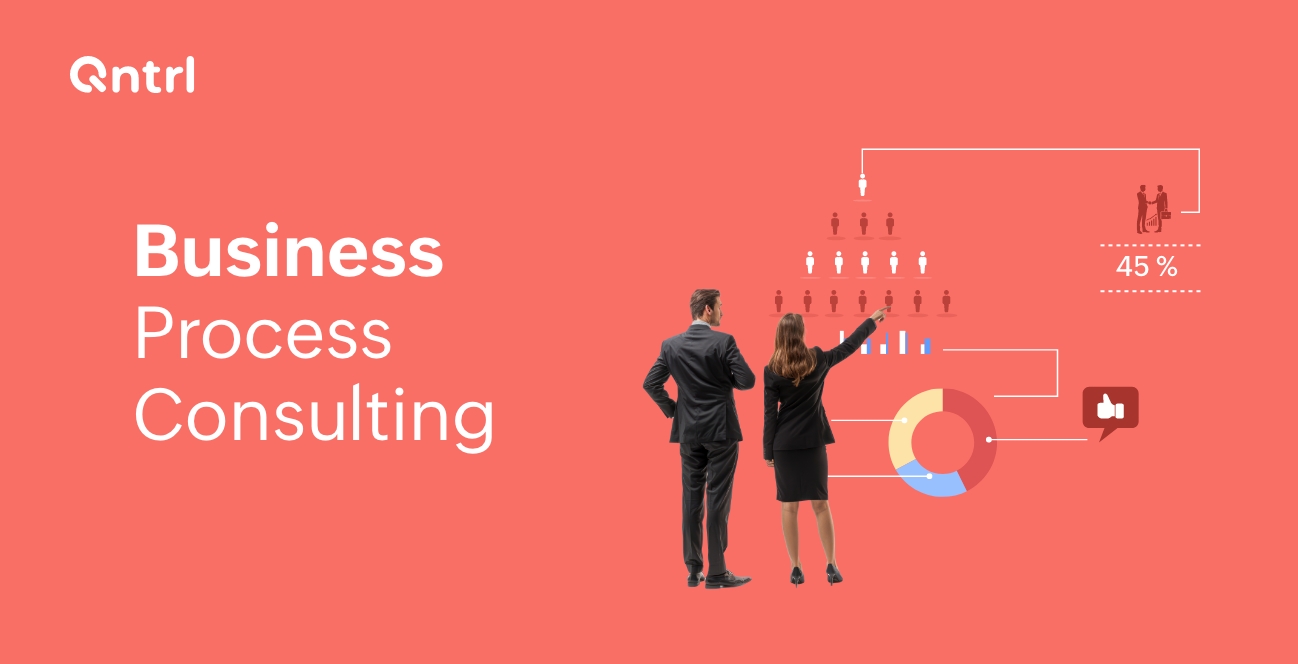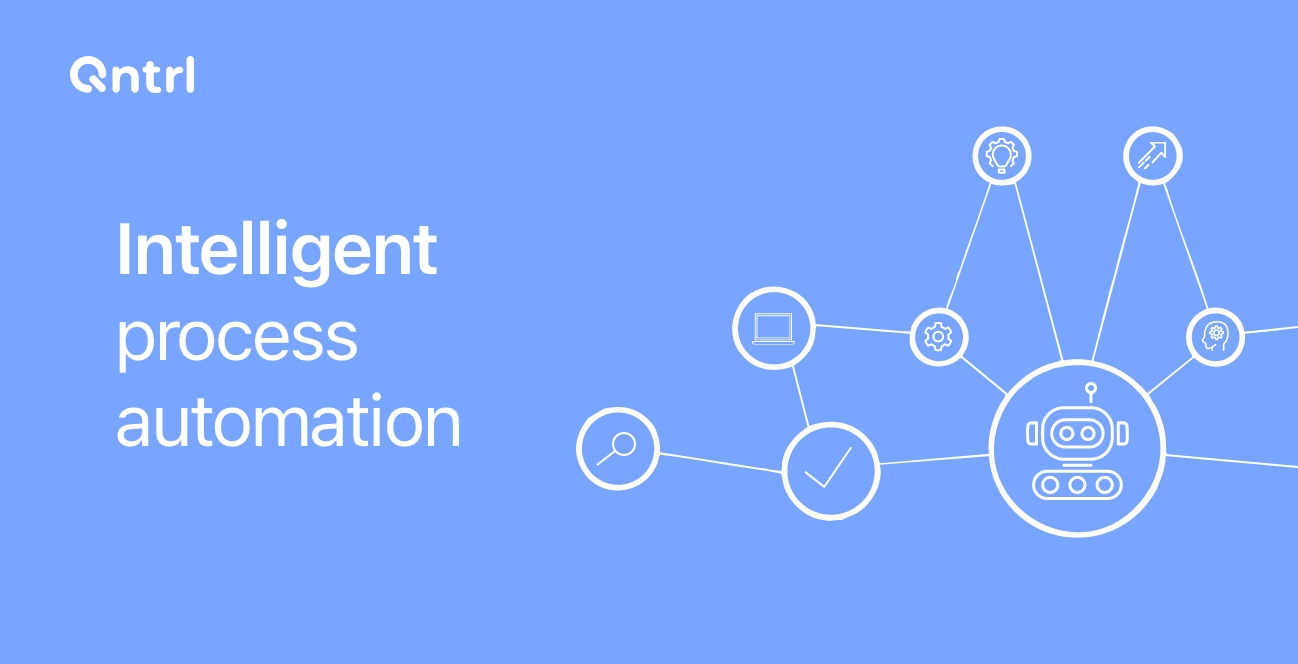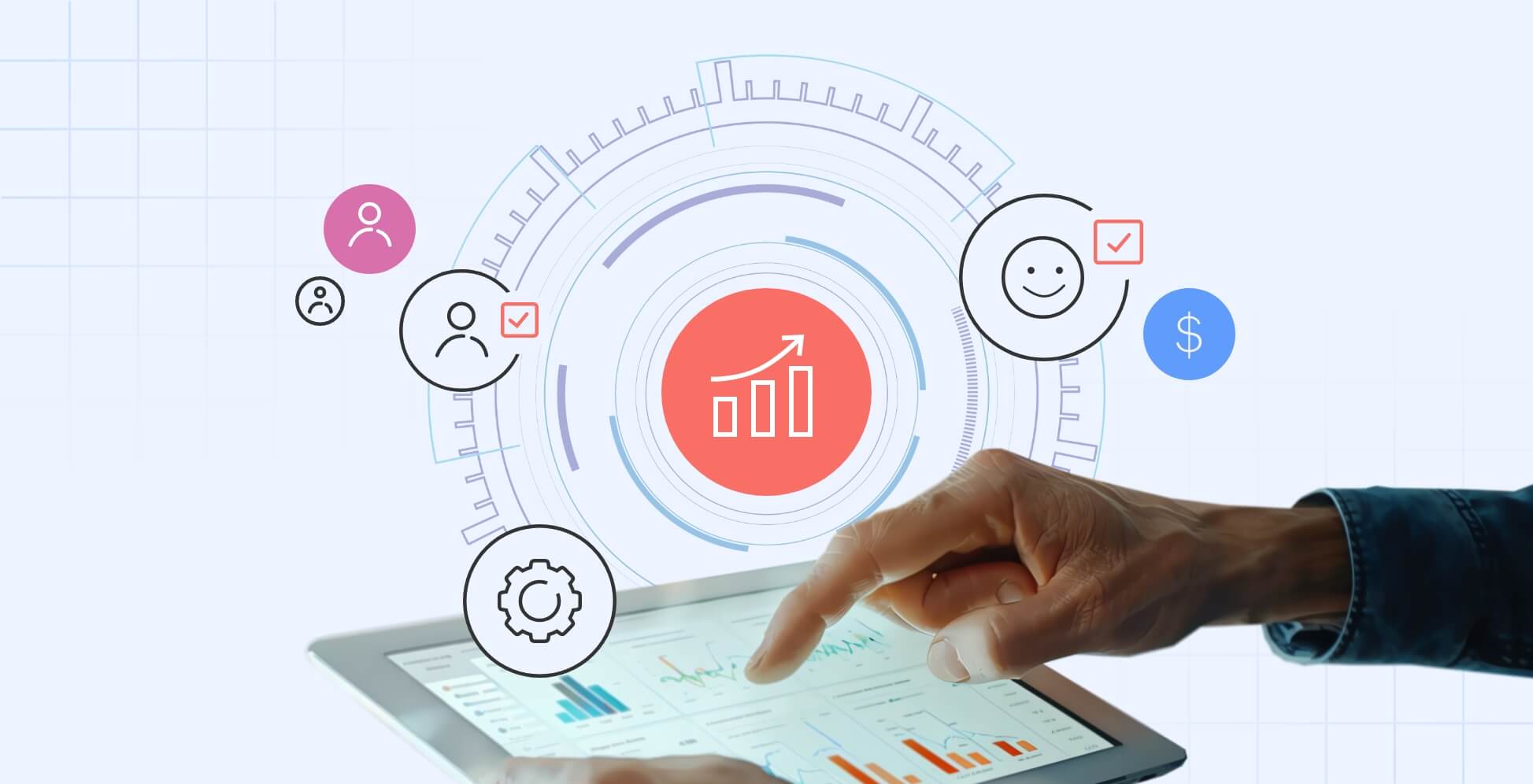Your business isn't just about making money; it's about being a force for good, right? Then sustainable growth is probably your goal for long-term success—and it’s more than just numbers on a balance sheet.
This strategy unfolds across three key dimensions: economic, environmental, and social. It's about doing well by doing good, a game plan that ensures your business is a positive contributor to the world. Before that let's start with some basics.
What is sustainable growth?
If asked to define sustainable growth, we could say that is a strategic and balanced expansion that considers economic, environmental, and social dimensions.
Economic wisdom
Sure, making money is important, but sustainable growth is about more than just stacking up the dollars. It's about long-term thinking, innovation, and being financially savvy. Think of it like planting seeds—you invest wisely, nurture your business, and watch it grow into a strong, resilient entity.
Economic wisdom in sustainable growth isn't just about profit margins; it's about creating a thriving ecosystem for all stakeholders. Take a socially responsible approach, ensuring fair wages for employees and fostering community engagement. For instance, a company might establish partnerships with local businesses, contributing to the economic vitality of the community it operates in.
In this context, like we discussed earlier, sustainability becomes a three-dimensional commitment. Imagine a clothing brand that not only adopts eco-friendly manufacturing processes (environmental), but also ensures ethical labor practices in its supply chain (social) and maintains financial transparency (economic).
How to achieve sustainable growth
Establish core values and the value proposition.
Lay the cornerstone for sustainable growth by clearly defining the principles guiding your business and articulating the unique value it brings to stakeholders.
Anchor growth through satisfaction and retention.
Navigate your path to sustainable growth by prioritizing customer satisfaction and retention, and cultivating enduring relationships that form the bedrock for organic, lasting expansion.
Couple growth with innovation.
Steer your business toward success by consistently innovating. Introduce novel products, services, or processes to maintain a competitive edge, attract a diverse customer base, and stay ahead in the dynamic business landscape.
Optimize your channels for scalability.
Chart your growth trajectory by ensuring the efficiency and effectiveness of your sales processes. This is especially crucial for small businesses dealing with the challenges of scaling up.
Strengthen the execution infrastructure.
Build a resilient business foundation by investing in safe bets and reinforcing the infrastructure that executes your plans. This strategy minimizes risks during expansion and enhances your chances of success.
Balance strategic quick gains and operational excellence.
Navigate the path of transformational growth by striking a strategic balance between celebrating quick victories and implementing operational improvements. This approach ensures sustained progress and stability.
Employ holistic strategies for sustainable development.
Craft strategic approaches that integrate environmental, economic, and social objectives, supported by robust policies. This holistic strategy ensures enduring business success in a world that demands a balanced approach to development.
When we talk about sustainable growth, it's a harmonious blend of economic prudence, social responsibility, and environmental stewardship. It's about creating a lasting impact that goes beyond just the bottom line, touching lives, and leaving a positive legacy.
The green confusion about sustainability
One of the most-often asked questions is, "How should we perceive the relationship between sustainable growth and concepts like green growth?"
Let’s try to answer that with an example. Say your workplace decides to ditch the stacks of paper and go digital by adopting a work management system. This isn't just a tech upgrade—it's a game-changer with real benefits for both your company and the world.
Perks for your workplace
Going paperless means no more spending on endless reams of paper, ink, and storage. It's a budget-friendly move that adds up over time.
Digital tools make work smoother. Imagine not having to search for lost papers. Everything's a click away, boosting teamwork and getting things done faster.
Going digital opens the door to working from anywhere. Whether it's your favorite coffee shop or your couch, the flexibility is a game-changer.
Good news for the planet
Less paper means fewer trees chopped down and less water used in making it. It's a small act, but it adds up to a big win for nature.
Going digital doesn't just mean less paper—it means fewer trucks transporting it, too. That's less pollution, less traffic, and a healthier planet.
Imagine no more overflowing bins of crumpled paper. Going digital cuts down on waste, making your workplace—and the planet—cleaner.
When your workplace goes paperless, it's not just about the tech—it's about making things easier for you, saving money for the company, and giving a little love back to the planet we all call home.
Keeping it real: The sustainable version
Today, adaptability is key. Sustainable growth isn't a one-size-fits-all deal. It's about staying true to your values while being flexible enough to roll with the punches. Listen to your customers, pay attention to the world around you, and be ready to dance to the rhythm of change.
So, why go sustainable? It's not just about being "green" or ticking the climate-friendly boxes. It's about building a business that lasts, that adds value to the world, and that people genuinely want to support. It's a journey towards success that's good for your bottom line, the planet, and people, too.


